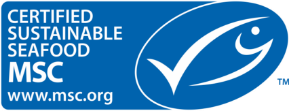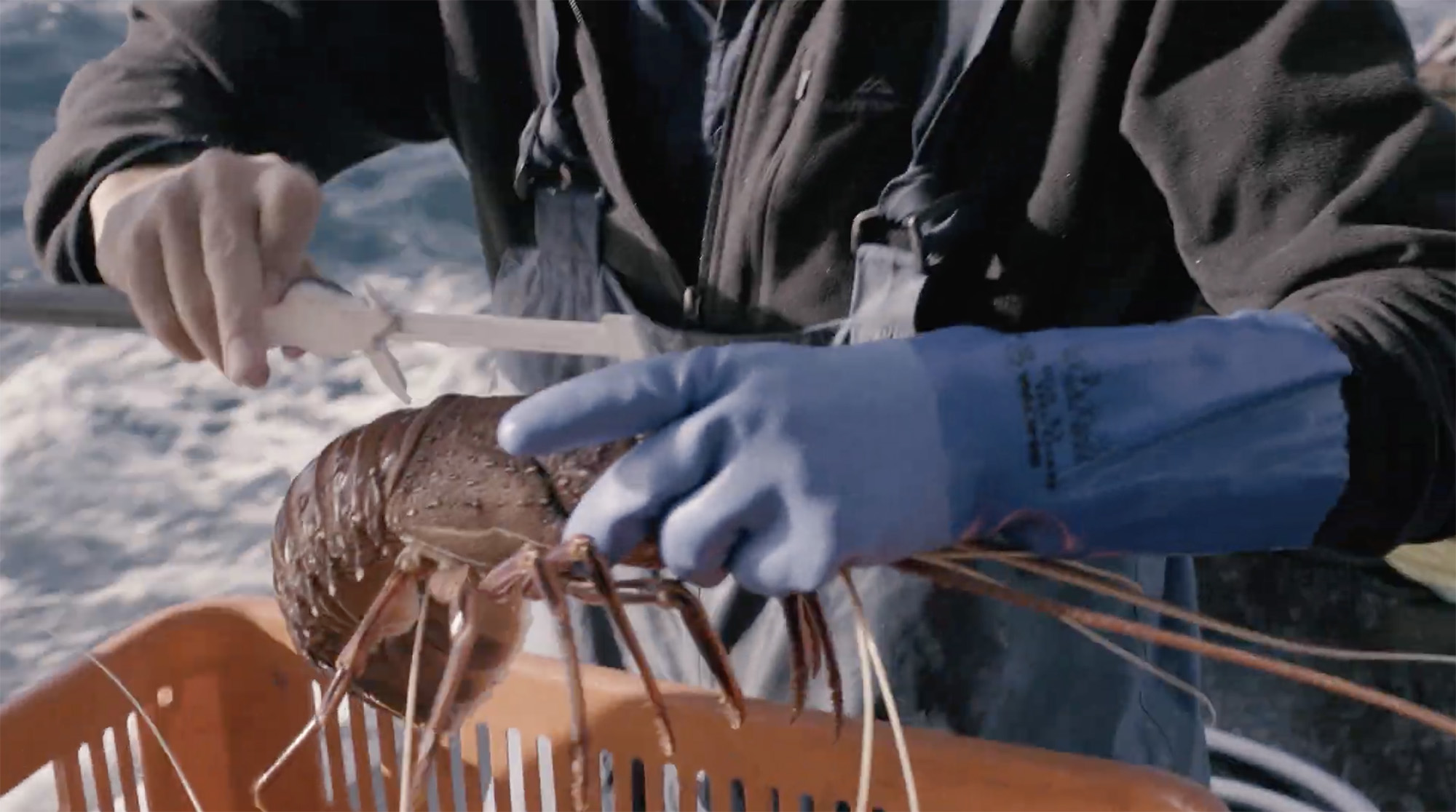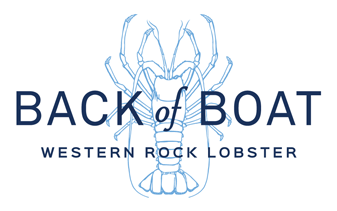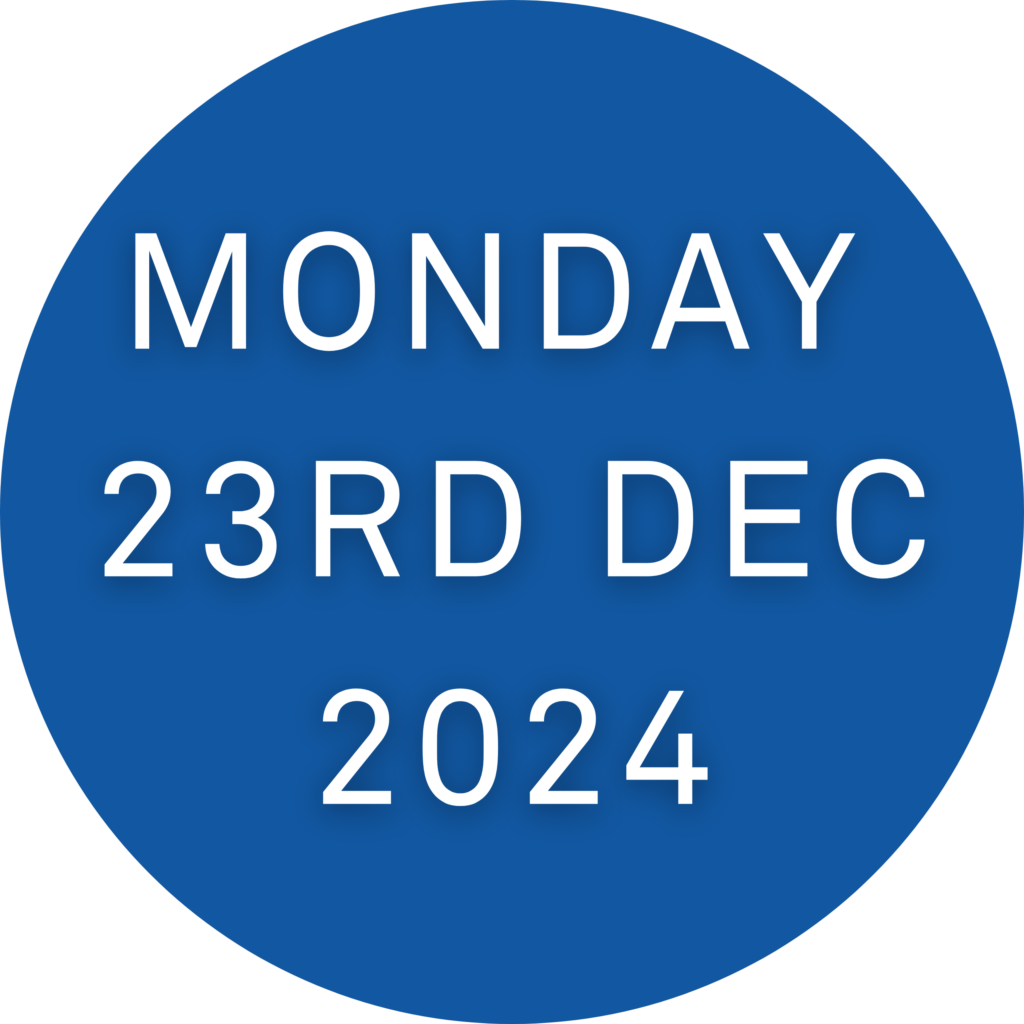Protecting the Future
with Sustainable Fishing
Our fishers have long been the stewards and custodians of the western rock lobster resource in WA.
Most of them are multi-generation fishers and have a deep knowledge of the seafood they catch and the rhythms of the ocean where they work.
They adhere to rigorous regulation and best practice operations to ensure the stock of lobster remains sustainable, while also ensuring the fishery does not impact on the environment, including habitat and other species.

MSC Certification
The Western Rock Lobster fishery was the first fishery in the world to be certified as ecologically sustainable by the Marine Stewardship Council (MSC) in 2000 – the world’s most credible standard for sustainable wild-caught seafood.
We are proud to have maintained this accreditation ever since and will continue to set a benchmark for sustainable fishing practices globally.

MSC Certification
The Western Rock Lobster fishery was the first fishery in the world to be certified as ecologically sustainable by the Marine Stewardship Council (MSC) in 2000 – the world’s most credible standard for sustainable wild-caught seafood.
We are proud to have maintained this accreditation ever since and will continue to set a benchmark for sustainable fishing practices globally.
What is Assessed?
The MSC Fisheries Standard has three core principles that every fishery must meet:
1. Sustainable fish stocks
Are enough fish left in the ocean? Fishing must be at a level that ensures it can continue indefinitely and the fish population can remain productive and healthy.
2. Minimising environmental impact
What are the impacts on the ecosystem? Fishing activity must be managed carefully so that other species and habitats within the ecosystem remain healthy.
3. Effective fisheries management
Are operations well managed? MSC certified fisheries must comply with relevant laws and be able to adapt to changing environmental circumstances.
Sustainability Checklist
- Limited vessel licenses and pot numbers.
- A quota system that limits the total commercial catch each year
- Harvest levels that allow the stock to increase year on year.
- Protecting females in breeding conditions.
- Setting size limits on legal lobsters to maximise breeding potential.
- Developing and using low-impact fishing gear to protect the ocean environment.
- Introduction of Sea Lion Exclusion Devices (SLEDs) to lobster pots specially designed to protect WA's endangered sea lion population.
- Gear modifications to reduce the risk of whale entanglement during the peak migration periods.
- Ensuring bait comes from sustainable sources.
Watch


